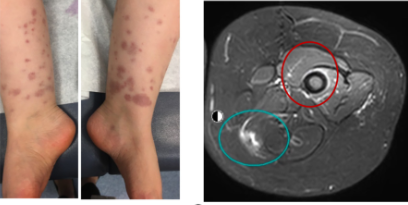Scientists from institutions such as the National Institute of Allergy and Infectious Diseases in the United States have identified an autoimmune disease induced by mutations in the LYN gene, which is an important regulator of the body’s immune response in both healthy and diseased states. Neutrophilic inflammation is a hallmark of the occurrence of many monogenic autoimmune diseases. Currently, researchers are not very clear about the pathological mechanisms that…
New Research
M6A Targeted Modification Can Improve Immune checkpoint Therapy
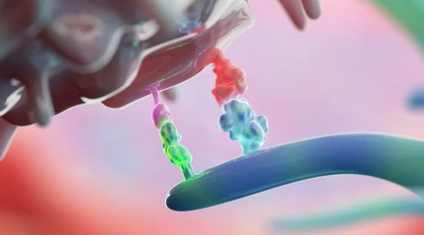
The immune system acts as a guardian of the host by initiating an immune response to harmful pathogens and tumor cells. However, overreaction is the cause of chronic or excessive inflammation and autoimmune diseases. Immune checkpoints play a key role in regulating the size of immune responses, thereby maintaining immune homeostasis and self-tolerance. However, tumor cells can also use immune checkpoints to evade immune surveillance, suppress anti-tumor immune responses, and…
Autoimmunity in Down’s syndrome via cytokines
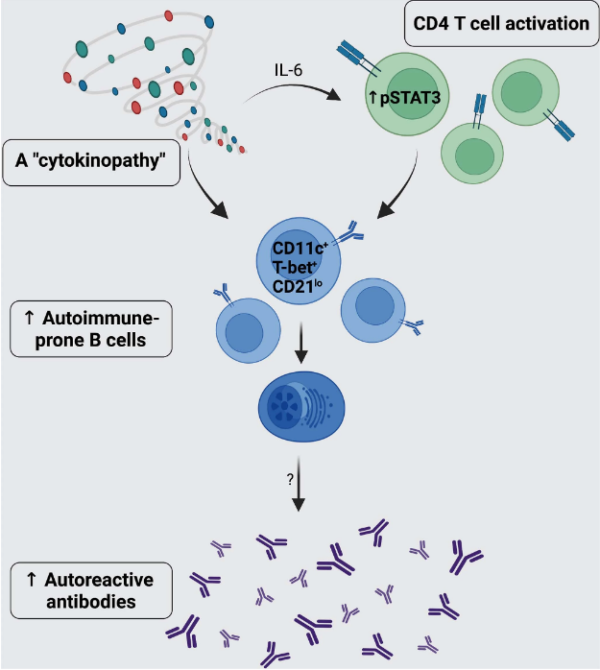
In a new study, researchers from the Icahn Medical College in Mount Sinai, the United States, determined which parts of the immune system of patients with Down’s syndrome had problems, which led to autoimmune diseases. Relevant research results were published online in the journal Nature. This new study complements the findings of these authors published in the journal of Immunity in October 2022, that is, the frequency of viral…
CDK4 – a master regulator of the cell cycle
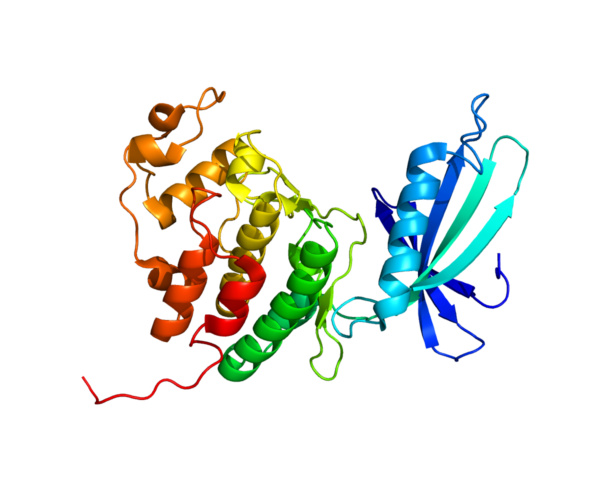
The mammalian cell cycle can be divided into four stages, namely Gap 1 (G1 stage), Synthesis (S stage), Gap 2 (G2 stage), and Mitosis (M stage). Its sequence and time are crucial for the accurate transmission of genetic information. Therefore, some biochemical pathways have evolved to ensure that the initiation of a specific cell cycle event depends on the accurate completion of another event. These biochemical pathways are called “checkpoints”….
Occluding the ACE2 receptor, renders all mutants incapable of infection!
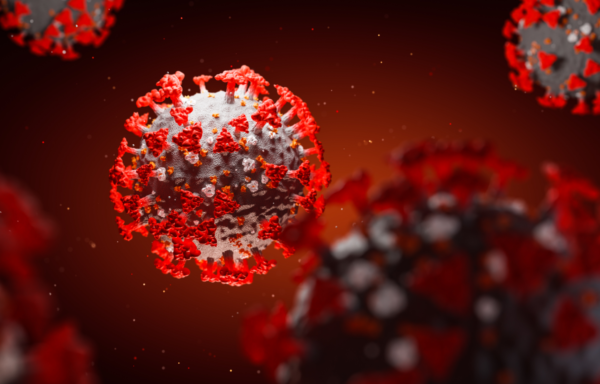
With successive waves of uncapping, enhancing disease resistance has become one of the most important things at present. Vaccines are the most effective medicines to fight the coronavirus at the moment, and intensified vaccination is also a more desirable method. However, the Omicron virus strain has evolved an extreme ability to infect, and it is not realistic to hope for a vaccine to eliminate the infection. On the other…
Targeting PI4KA increases chemosensitivity of refractory leukemia by regulating ERK/AMPK/OXPHOS axis
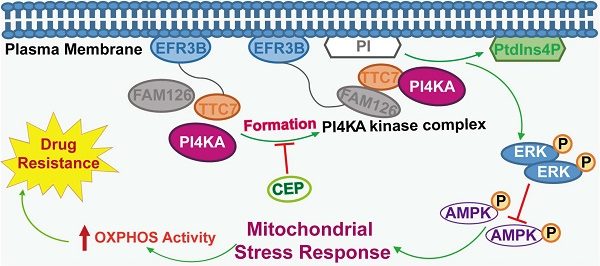
Leukemia is a highly aggressive hematological malignancy characterized by extensive molecular changes that affect clinical outcomes and provide potential drug development targets. However, the emergence of chemotherapy resistance obviously hinders the effect of chemotherapy and indicates a poor prognosis. About 15% – 30% of leukemia patients are resistant to chemotherapy, and 60% – 80% of patients with complete remission inevitably relapse and succumb to the disease. Therefore, it is very…
TRPC can significantly regulate the pathogenesis of endotoxemia

Recently, Professor Cao Wei’s team from the School of Chemistry and Pharmacy of Northwest Agriculture and Forestry University published a paper entitled “TRPC channels blockade organisms endotoxic cardiac dysfunction by hamming intelligent inflammation and Ca2+ leakage” in Nature Communications. This study revealed that the classical transient receptor potential channel (TRPC) subtypes 1 and 6 can significantly regulate the cardiac inflammatory cascade reaction induced by endotoxin, thus playing a key…
A New Method of Rewriting the Genetic Code of Bacterial Genome Can Add Many Unnatural Amino Acids to the Protein At One Time
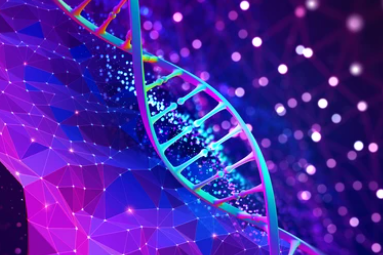
Almost all organisms build their proteins by combining 20 different amino acids. In order to add new amino acids to this combination, scientists have redesigned genes and other protein-building tools to produce proteins with unique chemical properties that are very helpful for the manufacture of drugs. However, this kind of research is time-consuming and laborious, and usually, only one new amino acid can be added at a time. Now,…
Foxp3 Mediates Immune Tolerance of Thymic Treg Cells through IL-2
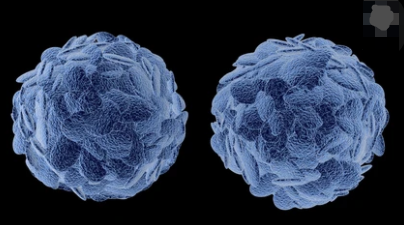
Regulatory T (Treg) cells play an important role in the establishment and maintenance of immune tolerance. Most Treg cells express CD25 molecule, which has a high affinity with IL-2. After activation of CD25, it signals by inducing the activation of transcription factor STAT5. IL-2 plays a central role in many aspects of Treg cell biology. In addition to TCR signaling, IL-2 – STAT5 is also required to induce Foxp3…
New Research Reveals the Mutation of Cholesterol Transporter ABCA13 Associated with Schizophrenia
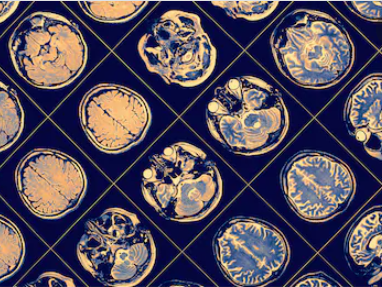
Scientists have long suspected that the mutation of cholesterol transporter ABCA13 in cells is related to mental illness, but it is difficult to prove this, and it is difficult to determine how it occurs. Now, in a new study, researchers from Kyoto University and other research institutions in Japan have provided evidence that mice with ABCA13 protein damage exhibit characteristic behavior of schizophrenia. They studied the function of ABCA13 and…
